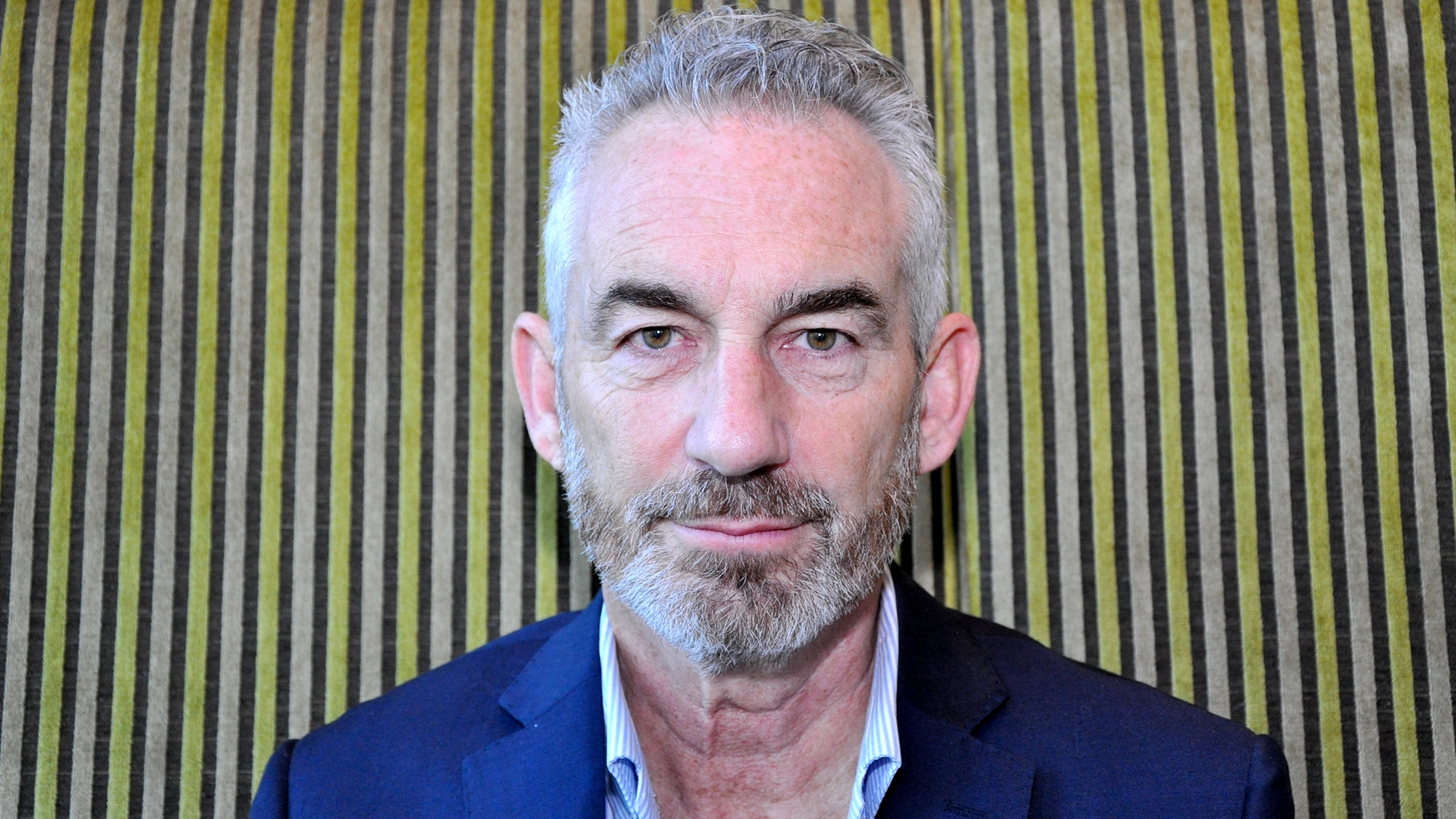 © Markus A. Langer
© Markus A. Langer Beyond Growth: Tim Jackson on Capitalism, Degrowth, and the Future of Prosperity
Growth has become a global assumption — a measure of success, progress, and even meaning. But what if this very growth is undermining our future? In this thought-provoking conversation, British economist and sustainability expert Professor Tim Jackson questions the core logic of our economic system. He explores the crisis at the heart of capitalism, the myth of perpetual growth, and the need to radically rethink what prosperity really means in the 21st century.
Growth as a Modern Religion
“Economic growth has become a kind of secular religion,” says Jackson. For decades, prosperity has been equated with rising GDP, more consumption, greater productivity. But Jackson exposes a deep contradiction: our economies rely on growth to avoid recession, yet the environmental and social costs of endless growth are becoming unbearable. This is what he calls the “dilemma of growth”—a system that collapses without expansion, but destroys itself with it. Is Degrowth the Answer? Jackson doesn’t romanticize economic decline. Instead, he sees the degrowth movement as a crucial challenge to the growth paradigm—a call to imagine a system not addicted to expansion. Degrowth, in this sense, isn’t about shrinking for the sake of it, but about shifting priorities: from quantity to quality, from profit to purpose.
What Does Prosperity Really Mean?
True prosperity, Jackson argues, is not just about material wealth. Beyond basic needs, human well-being depends on social connection, meaningful work, a sense of purpose, and participation in community life. In wealthy societies, more consumption no longer leads to more happiness—it often results in anxiety, isolation, and ecological harm.
Rethinking Work and Economic Stability
A post-growth economy, according to Jackson, must be built around decent work, not as a tool for profit, but as a foundation for dignity and social cohesion. He challenges the assumption that growth is necessary for full employment and highlights the role of governments as employers of last resort. There is no shortage of meaningful work to be done—from education and care to environmental regeneration.
Justice in a Finite World
Growth is still essential, Jackson emphasizes—but only where it is most needed: in the poorest parts of the world, where basic health, education, and infrastructure are still lacking. A just global economy means redirecting resources from luxury goods for the wealthy to life-saving investments for the poor. “If growth has any moral justification,” he says, “it is there.”
Technology: A Tool, Not a Savior
Technology is vital, but not a silver bullet. Jackson warns against blind faith in innovation. The question is not whether we can invent our way out of the crisis, but whether we can shape technology to serve ecological and social goals within a restructured economy. Without that, even the greenest technologies can reinforce existing inequalities and inefficiencies.
A New Story for the Future
Jackson is not calling for violent revolution, but for a cultural and political transformation—a new narrative of prosperity that respects the planet and values people over profit. “The real question isn’t how to restart growth,” he says. “It’s how to build a good life for all within the ecological limits of our world.” That vision demands creativity, courage, and cooperation—and it’s needed now more than ever.
